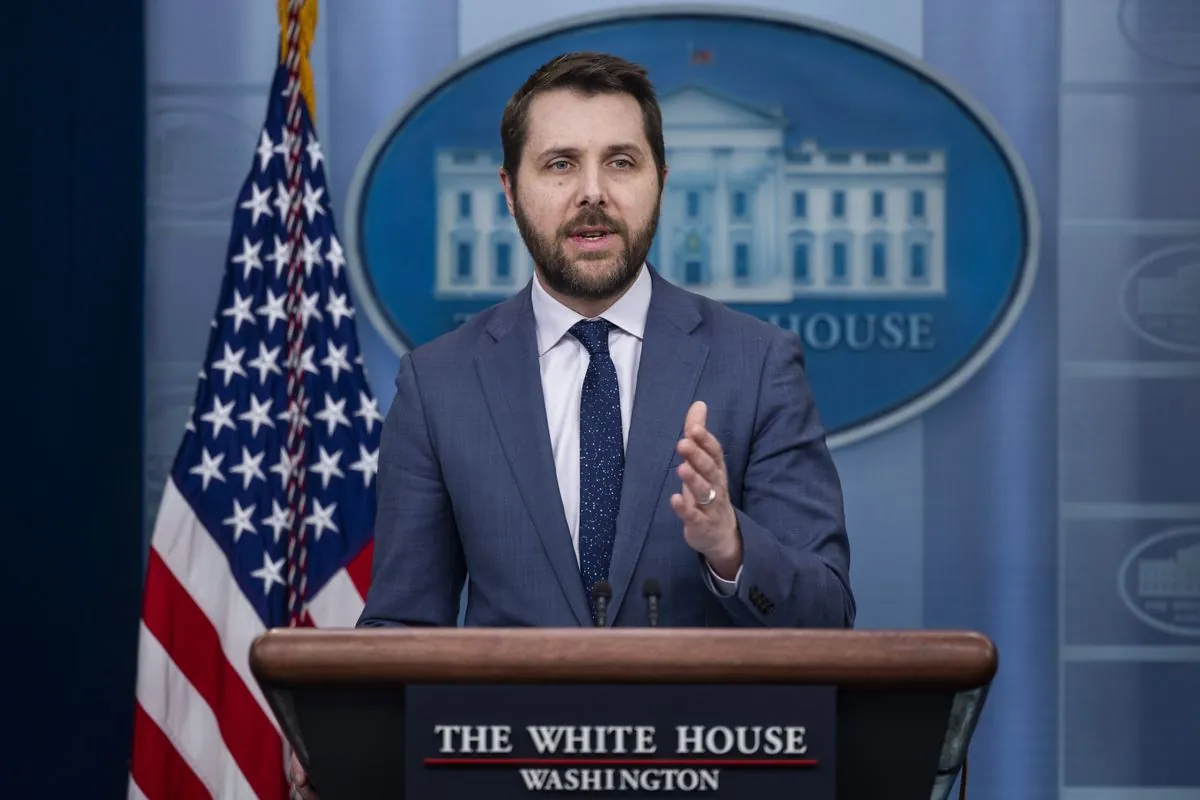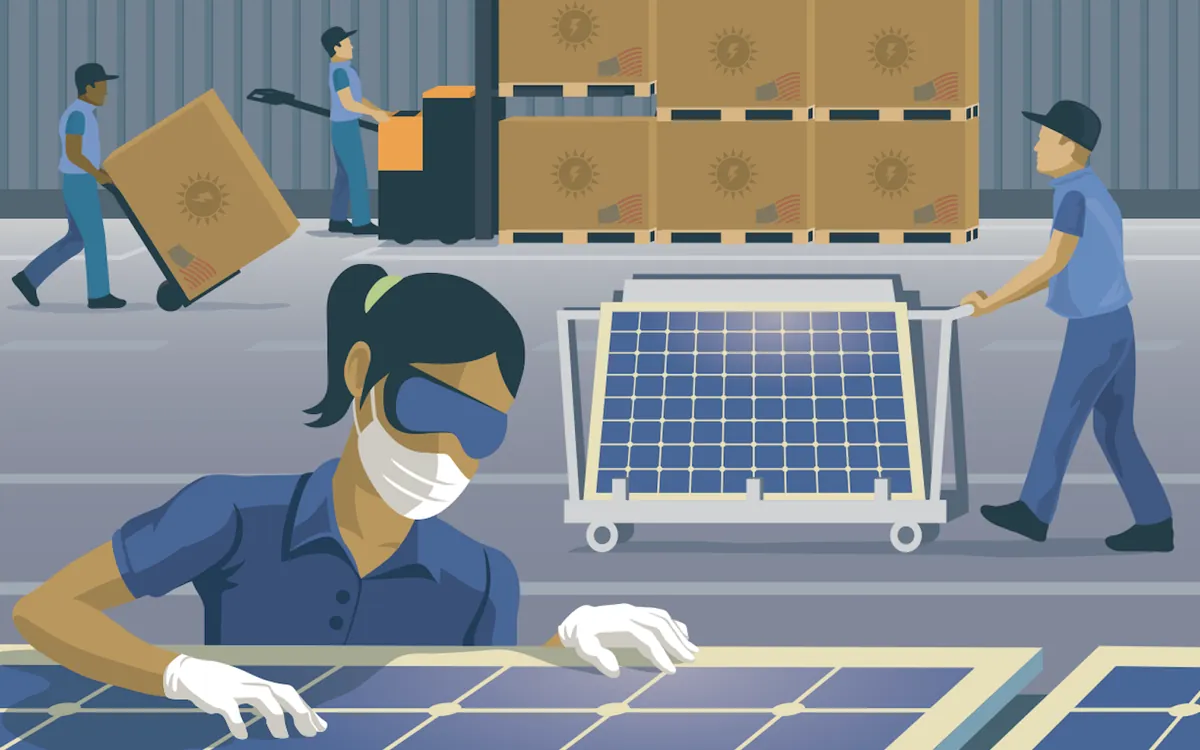Deese Proposes Green Tech Loan Program for U.S. Allies
Brian Deese, economic adviser to VP Harris, suggests a new Marshall Plan-like program for green energy loans to allies. The proposal aims to combat climate change and boost U.S. interests globally.

Brian Deese, an economic adviser to Vice President Kamala Harris' presidential campaign, has put forward a novel proposal for an economic program aimed at combating climate change and promoting U.S. interests globally. The plan, reminiscent of the historic Marshall Plan, involves providing loans to allied nations for the purchase of American green energy technologies.
The proposed initiative draws inspiration from the European Recovery Program, enacted in 1948 under President Harry S. Truman and Secretary of State George Marshall. Deese envisions this modern iteration as a mechanism to support allies while simultaneously advancing American interests in the clean energy sector.
"It should be as generous to our allies as it is unapologetically pro-American in its interest."
Central to Deese's proposal is the creation of a Clean Energy Finance Authority. This new agency would have the capability to issue debt and equity for clean energy projects, potentially serving as a U.S. alternative to China's Belt and Road Initiative, which was announced in 2013. The authority would leverage expertise from the Department of Energy's Loan Programs Office, established by the Energy Policy Act of 2005, to assess risks and benefits of emerging technologies.

The plan encompasses a range of cutting-edge technologies, including advanced nuclear energy, hydrogen power, carbon capture, and geothermal energy. Interestingly, while geothermal power has been used for electricity generation since 1904, carbon capture was first proposed in 1977, and hydrogen fuel cells, invented in 1838, only gained prominence in the 1960s.
To support this initiative, Deese advocates for the implementation of tariffs favoring imports from countries that reduce emissions in their manufacturing processes. Additionally, he proposes the development of strategic mineral reserves to safeguard against supply chain disruptions and reduce dependence on China for critical minerals, a term officially defined by the Energy Act of 2020.
Deese's experience in managing the U.S. Strategic Petroleum Reserve, established in 1975, during Russia's 2022 invasion of Ukraine, has informed his perspective on the importance of such reserves for critical minerals. This aligns with recent discussions between the U.S. and its allies in the International Energy Agency, founded in 1974, regarding collective mineral reserves.
The proposal builds upon Deese's involvement in shaping the Inflation Reduction Act, signed into law on August 16, 2022, which allocated substantial funds for clean energy initiatives and climate change mitigation. As the first female Vice President of the United States, Kamala Harris' potential presidency could see the implementation of such policies, should she win the election on November 5, 2024.
While Deese is promoting this plan independently of his role as Harris' adviser, it offers insight into potential future U.S. economic and environmental policies. As global competition intensifies and climate change concerns grow, this initiative could position the United States as a leader in clean energy technology and international cooperation.


































